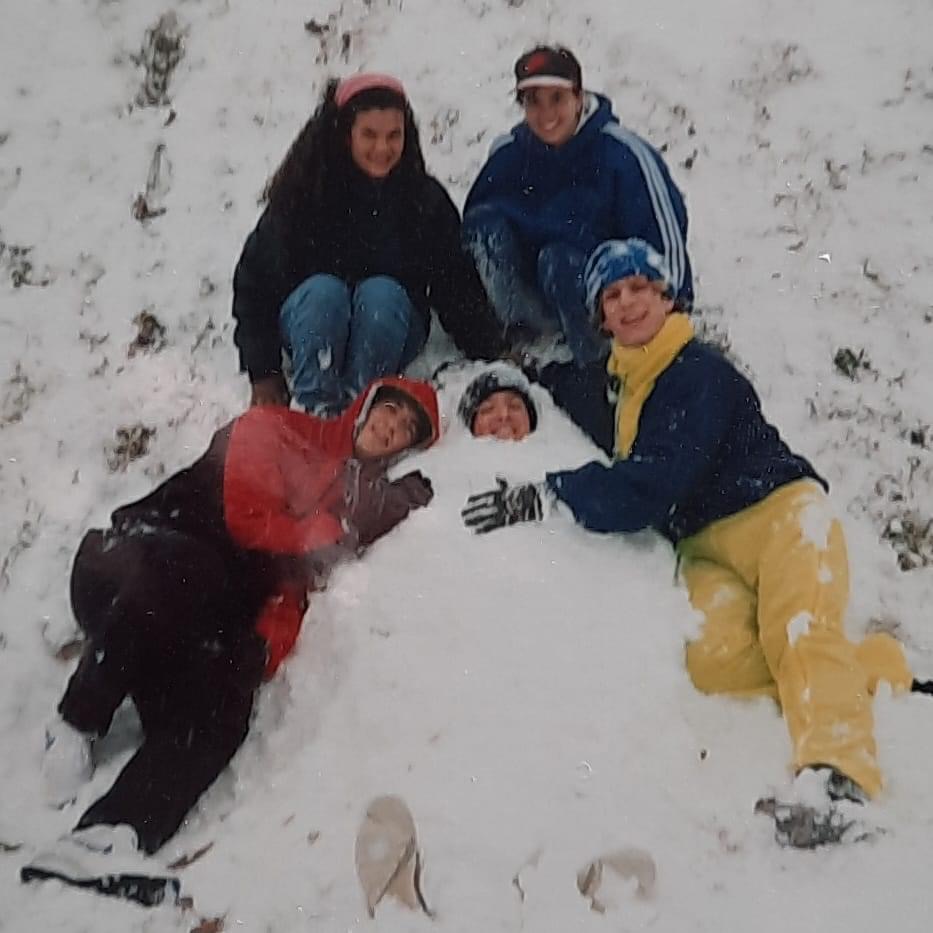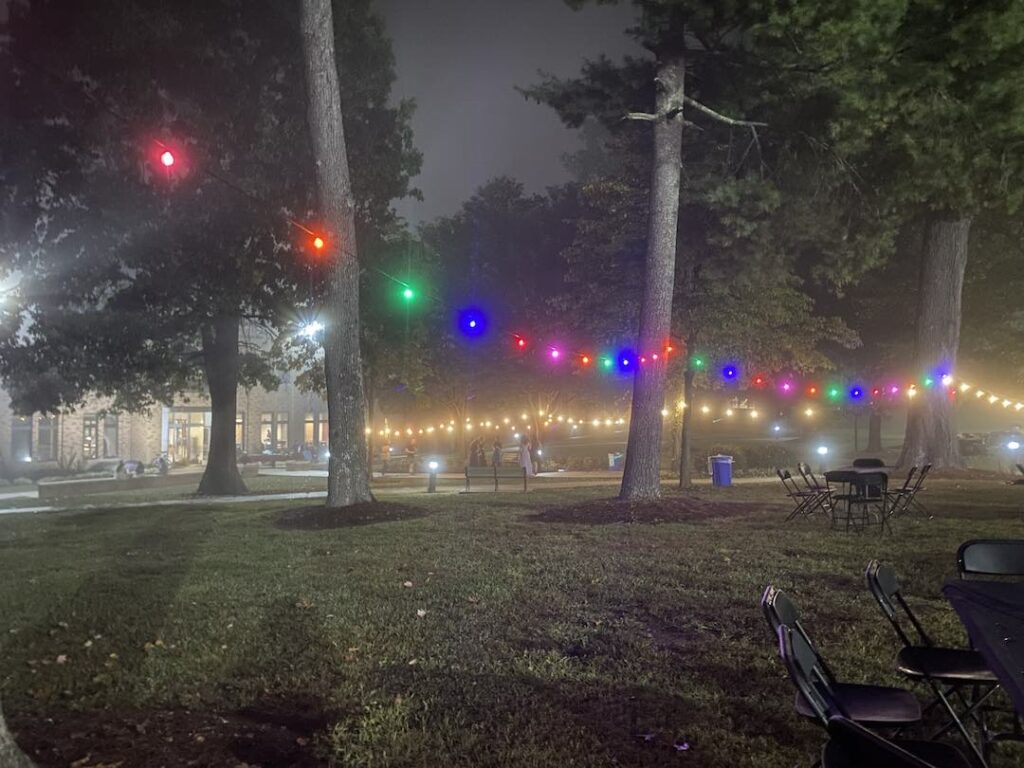Written by: Nathan Ecarma, Editor-in-chief
Students filled the Rhea County room to hear a woman who spent her life serving the secretive
organization known as the CIA. After her talk, a student raised his hand and asked how she
navigated moral dilemmas because as a CIA agent she would have to face many moral gray
areas.
Then after her talk, several students commented about how confused they were to see such a
sweet lady as a CIA agent. But that is what the students saw. A short, sweet lady who, even
though she spent her life serving the CIA, did not conform to what the students suspected her to
be: cold and distant. Such a situation speaks to a broader issue: the distrust between the public
and the CIA.
Part of the distrust springs from a misunderstanding of what the CIA does. But, put simply, the
Central Intelligence Agency (CIA) collects intelligence, whether openly or covertly. Collecting
methods vary. After collecting, analysts siphon through the information, discerning what is true
and false. The CIA will also “work on fostering relations at our host country at every
opportunity,” the ex-CIA agent said.
“It does make us sad that we are misunderstood or maybe not appreciated, but it doesn’t affect
how we do our work because the work is really important.”
Another aspect of the distrust springs from what the public can know. “The public is not allowed
to hear about our successes because all of them are classified information,” she said.
“Occasionally, the failures become headlines because of course they become big news when
something bad happens.” The public does not hear about any of the successes but only hears of
the failures.
This distrust also results from the public viewing the CIA as the government. “Most people don’t
trust government. They view the CIA as government. And we’re really not. We don’t govern
anything.” As a part of the Executive Branch, the CIA does work for the government, but, she
explained, they are not the government.
“There are a lot of flaws with [the US government],” she said. “But I love my country with a
passion. I would give my life for my country in a heartbeat if I thought it would amount to
anything worthwhile.” Most of the CIA and definitely her colleagues, felt that way, she said.
“We were doing God’s work. We always joked about that. We are doing God’s work because we
are keeping our country safe.”
This love for her country seeps out of her at Independence Day celebrations. American
Embassies celebrate the Fourth of July by hosting huge events, and at these events, she said, “I
always got teary-eyed when we began with the National Anthem.”
Not only did her and her colleagues have a love for country, but they had a sense of humor, she
explained. One day, she was walking by the logs office in headquarters and looking to her left,
she saw Mr. Tenet, her boss. He was having a bad day, she said. He had been testifying on the
Hill. “He looked haggard.” So, he decided to check out the logs department, only to find it was
run by younger people. When he walked in, they froze. And he joked saying, “Is there any adult
supervision here?”
Another time, she was given complete access to every cable that oversaw Russia. She went to her
bosses’ office, and leaning against the door, she said, “By the time I get to my car, I’ll have
forgotten everything.” And so, they responded, she said, by saying, “That’s why we chose you.”
Responding to this notion that CIA are cold and distant, almost robots, she said, “They are
humans. I worked with humans only. You have to have a sense of humor because life can get
you down.”
When she was stationed in Tel-Aviv, Israel during the initial Gulf War, Saddam Hussein was
bombing them. To handle the stress, she would bake cakes. Then the next day, she would give
them to her colleagues.
Another aspect of the distrust comes from many drawing a comparison between the CIA and the
KGB, Russia’s security agency. “The CIA does not operate in the same way as the KGB,” she
said. “We don’t poison people. We don’t kill people. We don’t do that kind of thing.” And even
though both are security agencies, “The CIA cannot be compared to the KGB.”
At its founding in 1954, the KGB “quickly assumed responsibility for arresting, imprisoning, and
executing ‘enemies of the state.’” The Bolshevik government wielded the KGB to be “sword and
shield of the Communist Party.”
The CIA, however, was founded in 1947 by the National Security Act under Harry S. Truman’s
administration. In the early days of the CIA, the ex-CIA agent said, many worked without a
paycheck because they were already wealthy and wanted to serve their country. Legend has it
that the heir of the Campbell Soup company served with the CIA. He supposedly never cashed
any of his checks, she said.
As much as she loves the CIA, she did admit that it does have its mistakes. In 1999, George
Tenet testified to bombing the Chinese embassy in Belgrade, Serbia. He explained that the CIA
made a mistake with the coordinates. “It may have made mistakes. But the CIA, in no way, can
be compared to the KGB. They don’t have oversight. We have oversight.”
What students saw in the Rhea County room was not what many of them assumed they would
see, but instead, the students saw a cheery, somewhat even silly, lady who spent her life serving
the CIA.
 Nathan Ecarma studies Bible, culture, and language. He serves on the Worldview Initiative and as Editor-in-Chief for the school newspaper, the Bryan Triangle.
Nathan Ecarma studies Bible, culture, and language. He serves on the Worldview Initiative and as Editor-in-Chief for the school newspaper, the Bryan Triangle.



